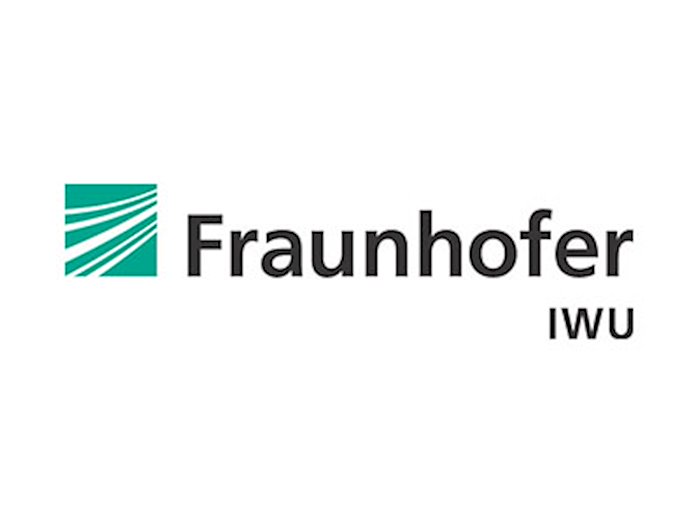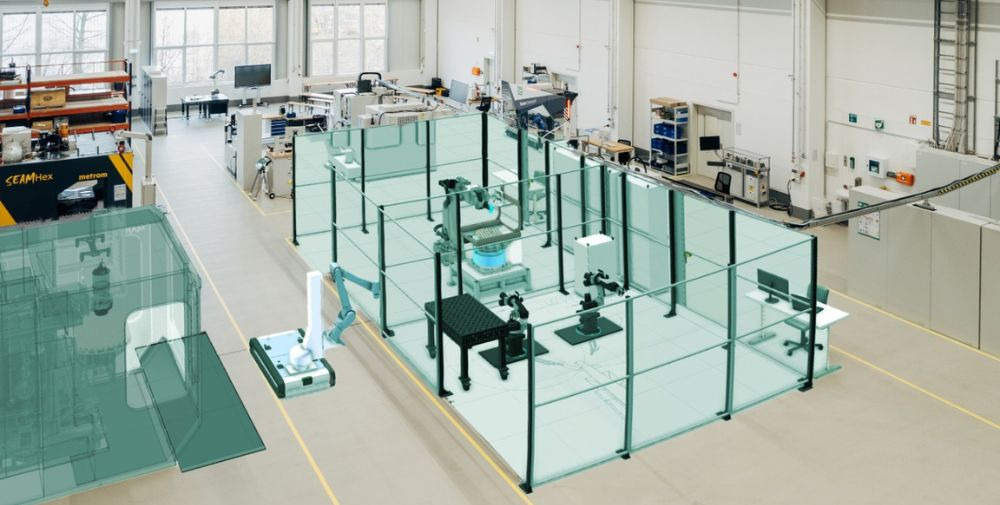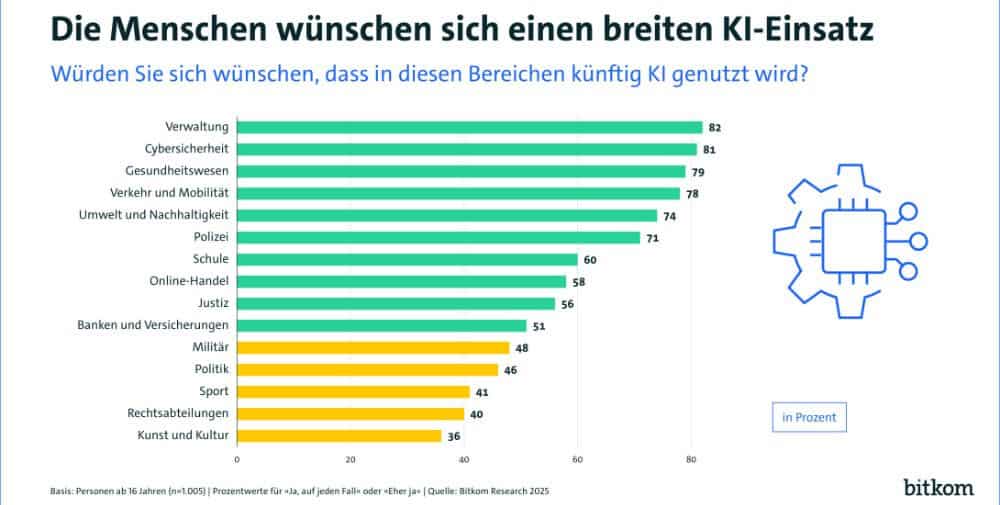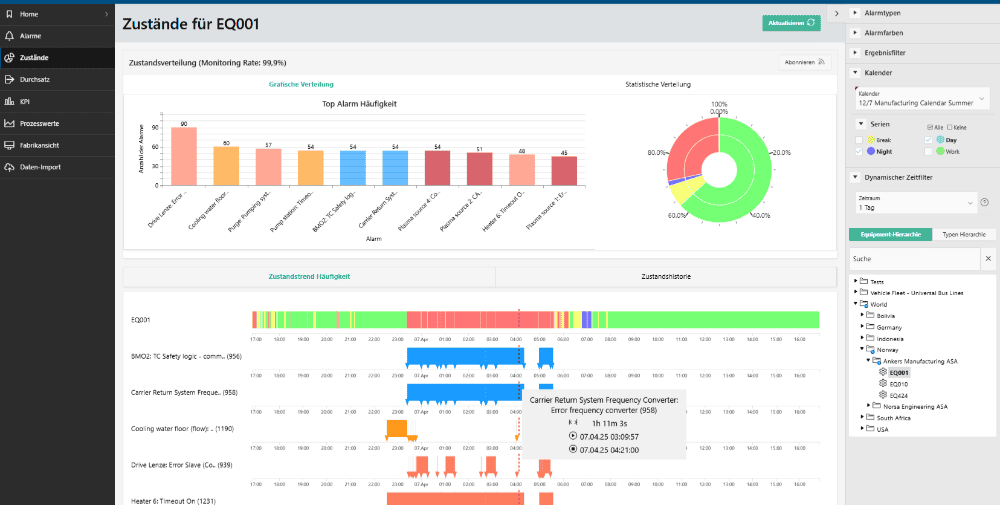
Matrix production systems are characterized by their flexibility and the possibility of seamless coordination between human work, machines and automated processes. In their expert report prepared for acatech, the Fraunhofer Institutes IWU and IPA show how much production is affected by changing framework conditions and what options for action arise. Prof. Dr. Steffen Ihlenfeldt, Institute Director at Fraunhofer IWU: “We observe that markets are changing rapidly and hardly predictably. Production talks about VUCA, an acronym for volatility, uncertainty, complexity and ambiguity. Consequently, production must also change radically. We are convinced that matrix architectures or flexible manufacturing systems in general are the perfect answer.” In two current projects, Fraunhofer IWU is working with partners to develop completely new process chains and methods for employee qualification for the flexible production of tomorrow.
Fraunhofer lead project SWAP
In the financial world, the term “SWAP” refers to an agreement between two parties who agree to exchange assets or cash flows. This is intended to mitigate risks. The Fraunhofer lead project SWAP is also about this core: If production plants can manufacture a high variety of products and are flexibly interlinked, the risk of unwanted downtimes in the entire process chain is minimized. Automatically generated production orders make this possible.
The Fraunhofer IWU assumes a central role in the Fraunhofer SWAP lead project. It contributes its technological expertise in the digitization of production, the processing of components with mobile machines and the control, regulation and networking of machines. In the “large components” use case, it is researching a completely new process chain for manufacturing large workpieces with small standard machines. In this process, the component is digitally segmented according to aspects of component strength and the available machines, processed in individual parts, joined and finalized by means of a mobile machine.
The research institute is also working on communication interfaces and protocols to ensure the smooth exchange of information between plant control systems, automated guided vehicles (AGVs) and the higher-level production system. Together with Fraunhofer IOSB, it is responsible for validating the software developed for SWAP, which must comply with uniform standards (such as OPC UA) and be able to communicate with commercially available control software. The Fraunhofer institutes IWU and IOSB have jointly implemented the first use case “Segmentation and Production of Large Components” in the SWAP-IT architecture and the associated description language (Production Flow Description Language, PFDL) and presented it at the Hannover Messe 2023.
At the IWU site in Dresden, Dr. Arvid Hellmich’s team subsequently structured the test field in a matrix architecture and set up production cells that can be flexibly planned and individually approached by AGVs. The PFDL developed in SWAP is used to orchestrate production orders for implementing a sample process chain from 3D printing to assembly. This uses three manufacturing cells, links real processes with their digital image and makes use of an AGV for logistical linking.
Dr. Arvid Hellmich: “In our test field, our team can show customers how standard machines can be used to flexibly produce a component, such as a seat shell.”
Project InTeLeMat: Integrating employees in matrix production and ongoing qualification
Despite increasing automation and networking, people remain a decisive factor for productivity and quality. The InTeleMat project (Informal, technology-supported learning systems in matrix production), funded by the German Federal Ministry of Education and Research, is taking on the challenge of developing innovative strategies, tools and methods to enable employees to master complex production environments with confidence.
InTeleMat is an initiative of Fraunhofer IWU and regional industrial partners and research institutions. Supporting employees in the continuous and, if possible, independent acquisition of qualifications and skills on the job is a central concern of InTeleMat. Customized assistance systems are among the solutions that will be developed in the course of the project.
SWAP and matrix production are thus ultimately thought of in terms of people: where human creativity and flexibility are irreplaceable, the conditions must be created to enable people to play to their strengths even more effectively in complex production systems. Monotonous and physically demanding tasks for which there are no longer enough skilled workers must be automated in the future. Fraunhofer IWU is conducting research into the supporting processes and IT solutions that are needed to achieve this.
– – – –
Further links
👉 www.iwu.fraunhofer.de
Photo: Fraunhofer IWU




